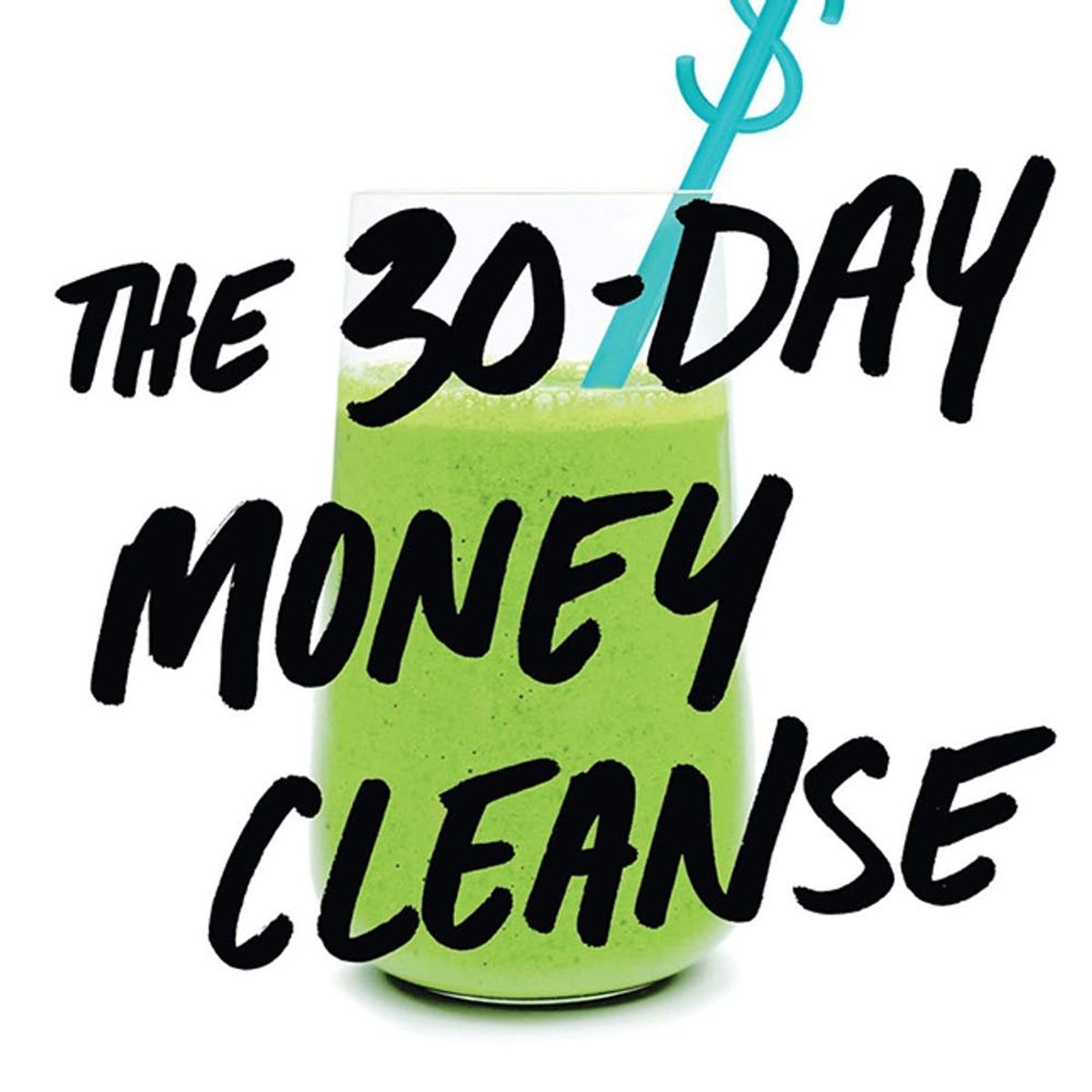A Money Coach Explains Why You Should Ditch Your Budget ASAP

Do you cringe whenever you hear the word “budget“? If so, you’re not alone — Ashley Feinstein Gerstley, money coach, author of The Fiscal Femme blog, and author of The 30-Day Money Cleanse said the negative feelings the word evokes can lead women to feel fear and dread about their personal finances. Gerstley clued us in on a positive new term and cash-saving concept that’s sure to feel like a breath of fresh air when you’re thinking about money matters. Read on for her truly helpful tips.

Brit + Co: We often hear that budgets are hard to stick with because they feel so restrictive. Have you encountered similar sentiments in your work helping women manage their money?
Ashley Feinstein Gertsley: I have. We are all guilty of making budgets that feel restrictive; a lot of this is in the words we use around money and around sticking with a plan. The language is really important.
B+C: Can you tell us more about why you believe “budget” is a word that scares people, or turns them away?
AFG: Budgets are created around the idea of *not* purchasing things, so when we’re on a budget we say things like, “I’d love to go out to dinner with you, but I’m on a budget” or “I really want [insert item here], but I’m on a budget.” The budget is the enemy, keeping us from doing and having the things that we want, much like a restrictive diet.
You know what happens as soon as you’re not allowed to eat something? It’s all we can think about until our willpower runs out and we eat a piece of cake or some chips. That in itself isn’t the real problem. As soon as we make a mistake and break our diet, we decide we failed and we eat the entire cake or the whole bag of chips. The same thing happens with budgets! An inevitable incident where we spend more than we mean to leads to a spending spree or a cycle of out-of-control spending.
Budgets feel like futile battles with ourselves; they just don’t work and they rob from us so much joy in our lives. That’s why even for the small percentage of people who can stick with them, it’s just not worth it.
B+C: We hear you! Tell us more about your idea of a “happiness allocation.” How can adopting the term help us flip the script on how we feel about saving and spending?
AFG: A happiness allocation is what I call a financial plan because I believe it’s a much more fitting term. The whole point of having money is to have and experience what we want in life and that will look different for each of us. No matter how much or how little we earn, we can only spend each dollar once. We might as well maximize our joy per dollar.
A happiness allocation is just an honest look at what’s going in and what’s going out so we can allocate our money in the ways that are going to make us the happiest in both the short and long term. Again, another conscious and powerful language choice makes all the difference.
B+C: So what’s the biggest, most noticeable difference between a happiness allocation and a traditional budget?
AFG: Happiness allocations are about maximizing the joy we get per dollar spent rather than a restricting plan to keep our spending within a certain amount. This will look different for each of us because we value different things.
B+C: How do you use happiness allocation in your life? What difference has it made?
AFG: I created the concept of happiness allocation through my own experience and money journey, and it has made a tremendous difference in my life. It’s been so transformational that I’ve written a book about it! My new book, The 30-Day Money Cleanse takes readers through each step to build a happiness allocation, which is the foundation of my money philosophy.
When I made my first happiness allocation, I found that I was able to improve my lifestyle while also saving much more money for my goals. It was such a win-win! It sounds too good to be true, but when we align our spending with our values, we get so much more joy from the dollars we spend and can let go of the rest.
For example, I realized I could reallocate the $1,600+ I was spending each year on lattes to travel and took a trip to Spain with my cousin because that would bring me more joy. To this day, I still check in with my happiness allocation biweekly and have money parties with my husband each month to talk about our goals, go through our expenses, and tackle any other financial to-dos that come up.
Will you try a happiness allocation instead of budgeting? Tell us what your first one will be on Twitter @BritandCo.
Brit + Co may at times use affiliate links to promote products sold by others, but always offers genuine editorial recommendations.



















